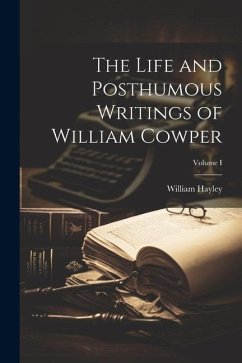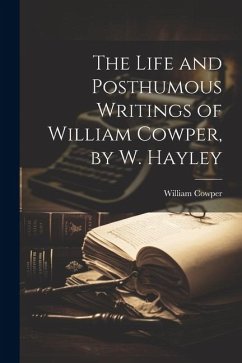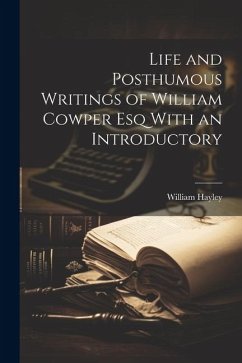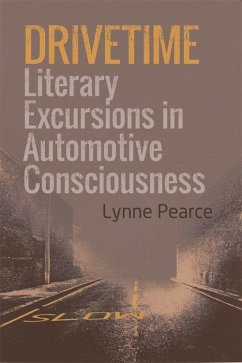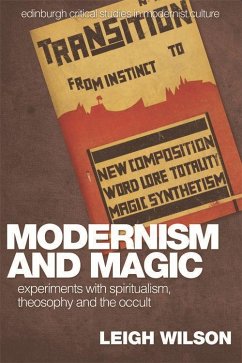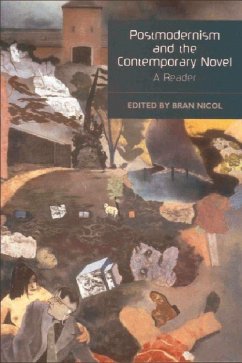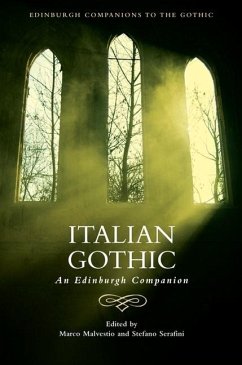Nicht lieferbar
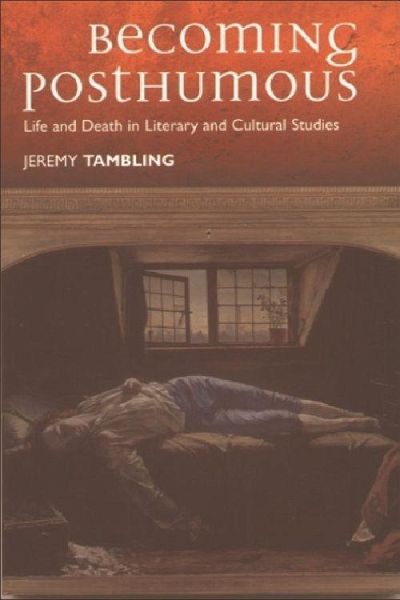
Becoming Posthumous
Life and Death in Literary and Cultural Studies
Versandkostenfrei!
Nicht lieferbar
Set against a backdrop of debates about the so-called "end of history," "the death of the subject" and "the end of art," as well as the various forms of the "past" that became prevalent in the late twentieth century, Jeremy Tambling introduces the idea of "the posthumous" as a means of thinking about our relationship to the past, to death and to history. In analyzing selected texts dealing with posthumous existence by Shakespeare, Dickens, Nietzsche, and Benjamin, Tambling provides readings concerned with the question of why we should give attention to history, and to past texts, if there has ...
Set against a backdrop of debates about the so-called "end of history," "the death of the subject" and "the end of art," as well as the various forms of the "past" that became prevalent in the late twentieth century, Jeremy Tambling introduces the idea of "the posthumous" as a means of thinking about our relationship to the past, to death and to history. In analyzing selected texts dealing with posthumous existence by Shakespeare, Dickens, Nietzsche, and Benjamin, Tambling provides readings concerned with the question of why we should give attention to history, and to past texts, if there has been an irretrievable 'break' with history, and where history has turned into the heritage industry.




